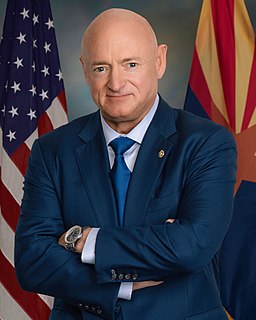A Quote by Friedrich Durrenmatt
There are risks which are not acceptable: the destruction of humanity is one of them.
Quote Topics
Related Quotes
A united humanity will be able to confront the many troubling problems of the present time: from the menace of terrorism to the humiliating poverty in which millions of human beings live, from the proliferation of weapons to the pandemics and the environmental destruction which threatens the future of our planet.
A revolution in humanity's use of fossil fuel-based energy would be necessary sooner or later to sustain and to extend modern standards of living. It will be required sooner if we are to hold the risks of climate change to acceptable levels. The costs that we bear in making an early adjustment will bring forward, and reduce for future times, the costs of the inevitable eventual adjustment away from fossil fuels.
We see that Pakistan is continuing to provide safe harbor havens inside of Pakistan for terrorists who present risks to the United States of America. We are doing our best to inform the Pakistanis that that is no longer going to be acceptable. So this- this conditioned aid, we've given them a chance. If they fix this problem, we're happy to continue to engage with them and be their partner. But if they don't, we're going to protect America.
The trouble is that the risks that are being hedged very well by new financial securities are financial risks. And it appears to me that the real things you want to hedge are real risks, for example, risks in innovation. The fact is that you'd like companies to be able to take bigger chances. Presumably one obstacle to successful R&D, particularly when the costs are large, are the risks involved.

































